Fish don’t get to ban chemicals in their streams.
Birds can’t vote to reduce urban light pollution. Lakes and rivers have no standing in environmental hearings. Bears don’t have a say in how their forest is managed. Given the importance of nature to a huge majority of Canadians — and to the very reality of Canada itself — in the federal election on October 21, are you willing to be their voice?
Canada Cares
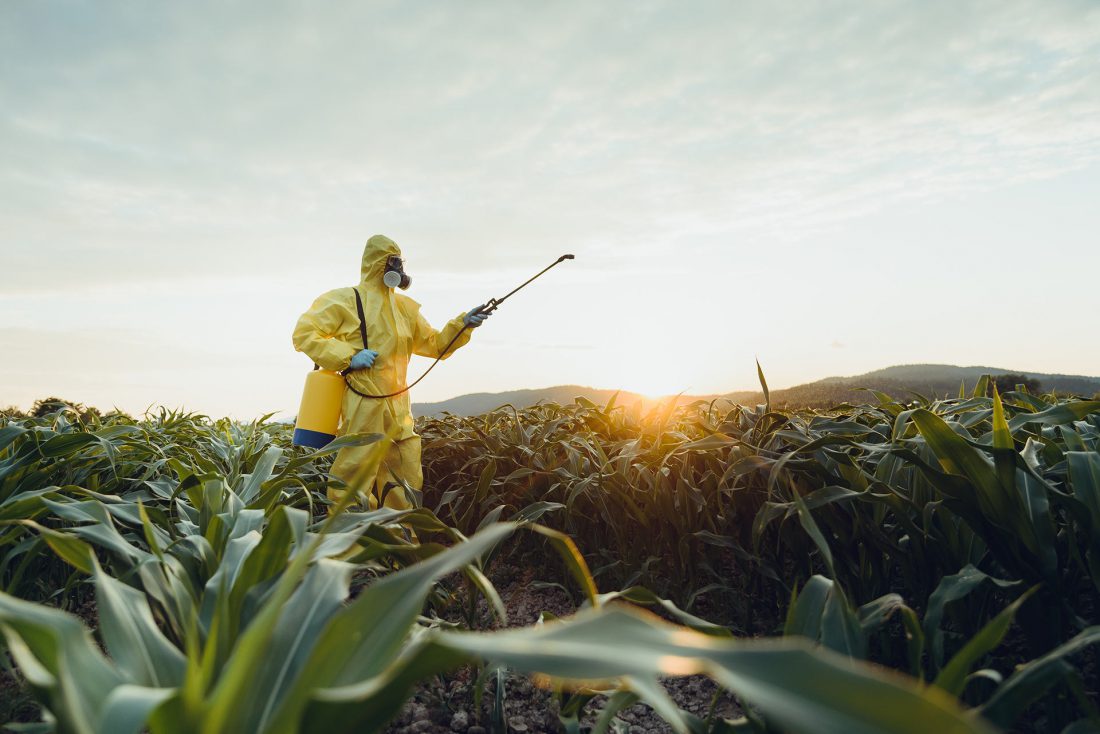
Two recent surveys show Canadians are concerned about the environment
On Earth Day 2019 (April 22), polling firm Ipsos Canada released the results of a survey that showed the environment is the leading policy concern of one in five Canadians, second only to health care.
Respondents said the most important environmental issues facing our country are:
48%
GLOBAL WARMING
AND CLIMATE CHANGE
23%
AIR POLLUTION
21%
WATER POLLUTION
21%
DEPLETION OF
NATURAL RESOURCES
20%
WILDLIFE
CONSERVATION
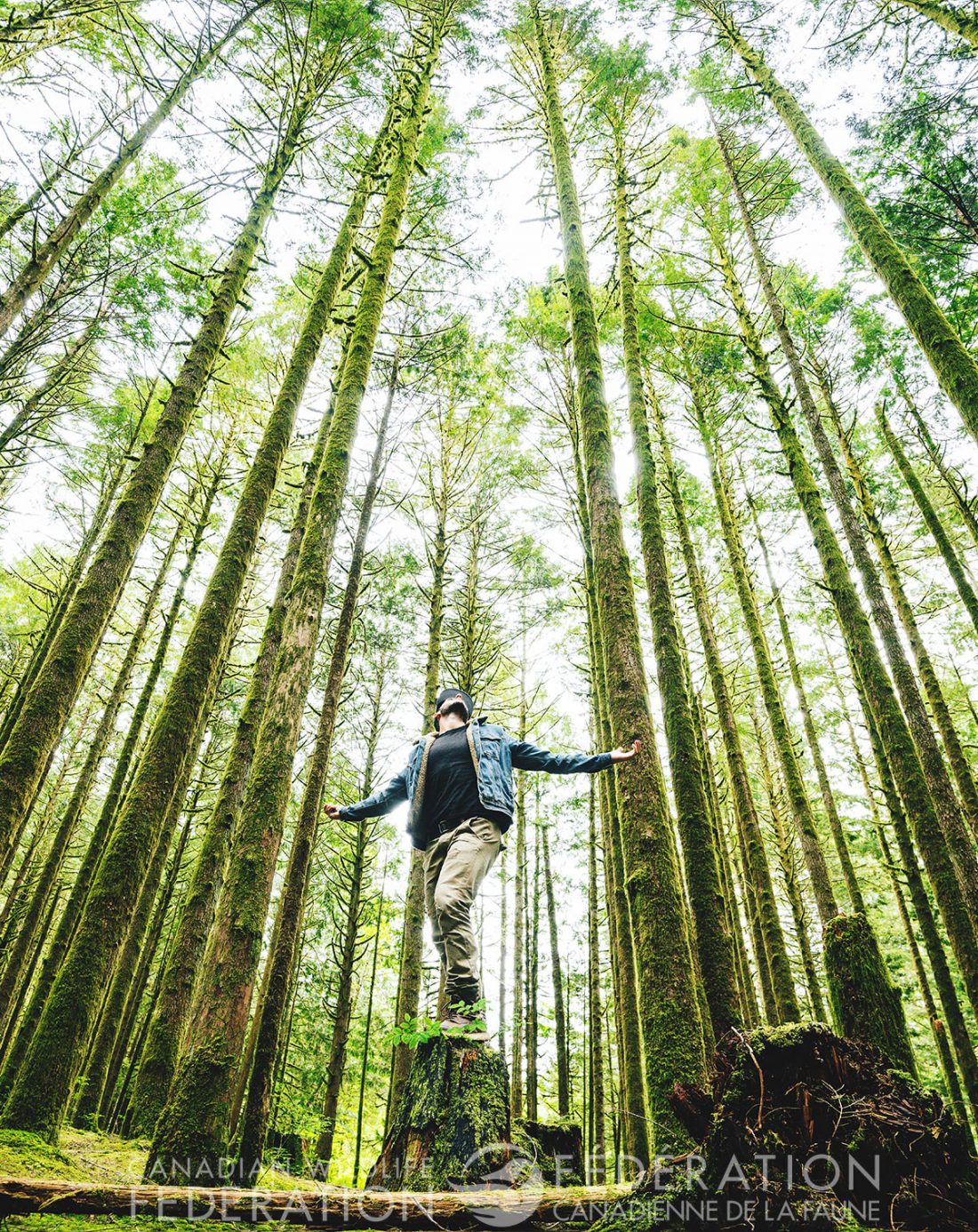
In May, Ottawa research firm Abacus Data reported the results of a survey it conducted for the International Boreal Conservation Campaign:
- 86% of Canadians support or strongly support protecting and conserving more natural spaces in Canada
- 87% supported or strongly supported Canada’s 2010 commitment to conserve 17% of the country’s land and fresh water by 2020
- 94% supported conserving more of the boreal forest as an effective means of carbon capture
- 78% supported creation of Indigenous protected areas (such as the 14,000-square-kilometre Edéhzhie Protected Area, N.W.T.)
- 59% believe Canada should be a world leader in conserving and protecting wildlife
- 58% declared themselves disappointed (plus another 11% who are “angry”) that the country has protected a smaller proportion of its land mass than other like countries
Clearly, Canadian support for nature conservation cuts across political parties
Rivers are people too
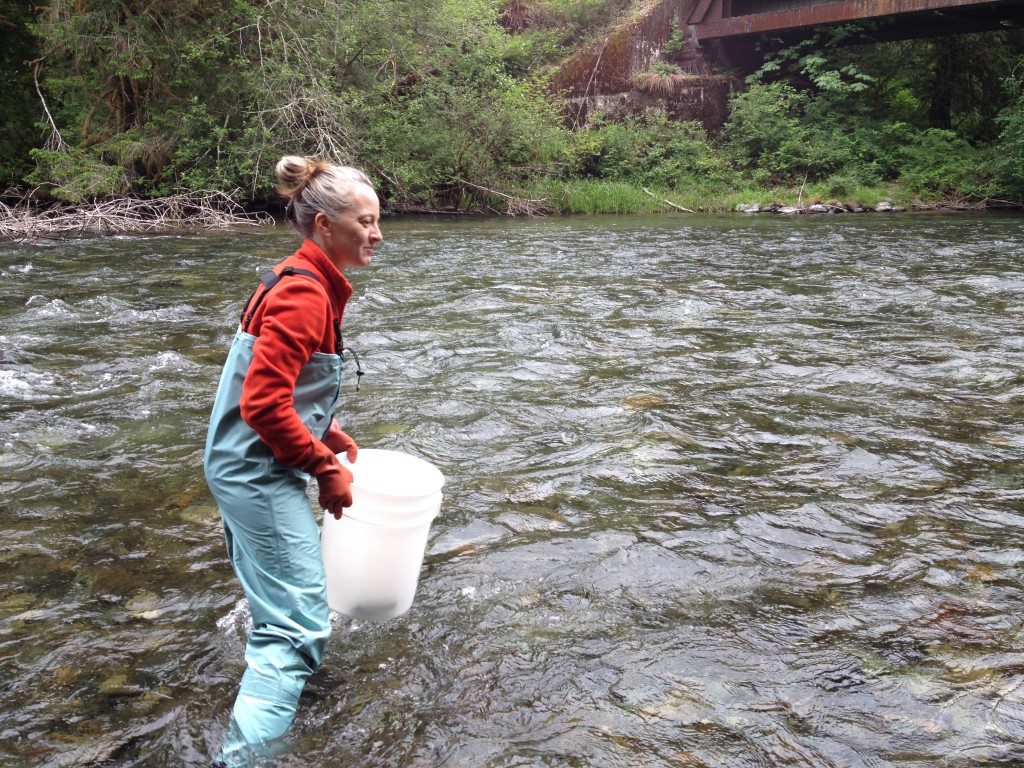
There is a movement afoot around the world to give legal rights to nature itself
The United Nations endorses the idea. In February, citizens of Toledo, Ohio, voted that Lake Erie has a legal right to “exist, flourish and naturally evolve,” so now humans can sue polluters on the lake’s behalf. In 2008, Ecuador amended its constitution to codify nature’s standing before the courts. Since 2014, New Zealand has extended legal rights to a forest, a mountain and a river.
Would you like to see wildlife’s environmental rights enshrined in the Canadian Charter of Rights and Freedoms? And is it time for the country’s highest law to include human Canadians’ rights to a healthy environment?
At Your Front Door: When your candidates come knocking
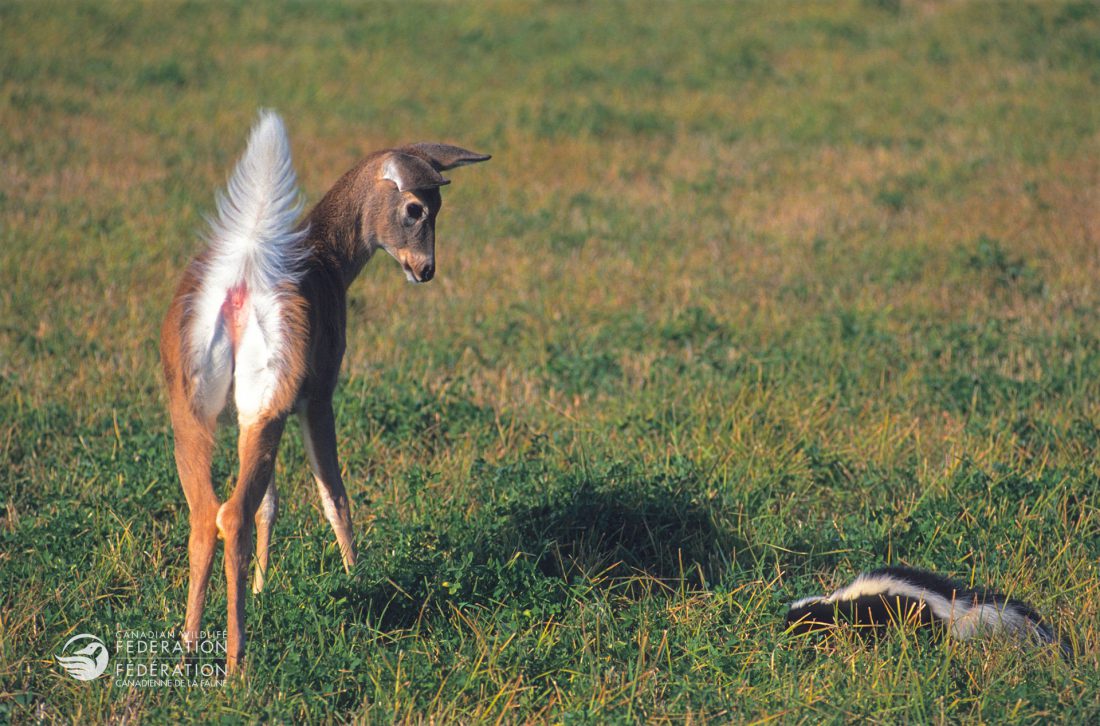
This is a two-way conversation: you can learn about party platforms and ask candidates questions about what is important to them. And they are listening to what you are concerned about: political candidates and their parties respond to the public will, at least once they are aware of it. At election time is when they listen most carefully.
This is your chance to make your priorities known: politicians will not know how important conserving our natural world is to you unless you tell them.
- Let your local candidates from every party know what is important to you.
- Whether at your front door or at a candidates meeting, get them to explain their party’s platform.
- Go deeper and learn about how important these issues are to them as individuals. Your local candidates may not agree with their party and could be an effective advocate for your point of view within their party.
- Make sure they know that their party’s positions on conservation and other nature issues will help determine how you will vote.
When it comes to elections, knowledge is power
Each of the major political parties has a robust web presence. Visit their websites to learn about their platforms on the issues that matter most to you. If you have questions, contact them. (They will be delighted to hear from you.) For more, visit these non-partisan voter education and engagement sites online. They offer useful information and links to other organizations.
ELECTIONS CANADA
elections.ca
The independent, non-partisan agency that conducts Canada’s federal elections offers a wide array of essential information, including information specific to your riding, such as the full roster of candidates.
APATHY IS BORING
apathyisboring.com
This non-partisan, charitable organization supports and inspires youth to be active participants in our democracy.
SAMARA CENTRE FOR DEMOCRACY
samaracanada.com
This charitable organization focuses on the participation of citizens in public life.
What matters to YOU?
Here are some of key issues. Which are most important to you? What are your priorities?
- Creating and implementing a national plan to conserve the quality and quantity of our lakes and rivers, particularly as part of efforts to adapt to climate change
- Meeting international commitments and targets to conserve biological diversity
- Establishing creative new mechanisms to help finance conservation
- Conserving key habitats like the prairies and boreal forest
- Using economic policy tools to create incentives for actions helpful to nature — and disincentives for actions that destroy nature
- Passing an environmental bill of rights for Canada
- Having Canada take a leadership role in encouraging and supporting the conservation of nature
- Restricting the use of systemic pesticides such as neonicotinoids
- Increasing investment to conserve Canada’s 700 species at risk
- Stopping plastic pollution
- Meeting Canada’s greenhouse gas emission targets for 2030 and 2050
- Conserving whales like the North Atlantic right whale and B.C.’s resident orcas
Vote! Give voice to what matters to you
Now that you’ve done the work, exercise your right. On election day or in advance polls, vote. Vote with your conscience.
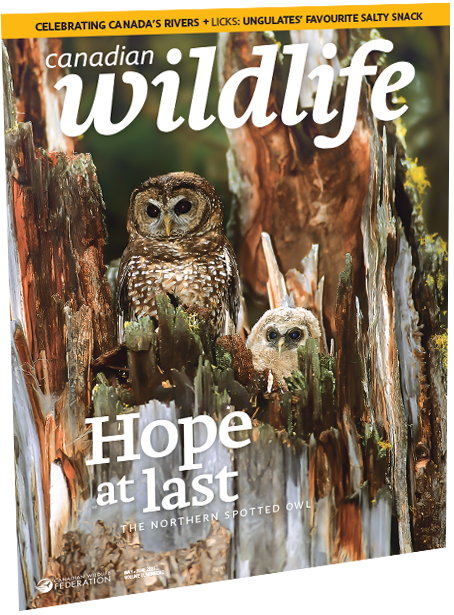
Reprinted from Canadian Wildlife magazine. Get more information or subscribe now! Now on newsstands! Or, get your digital edition today!

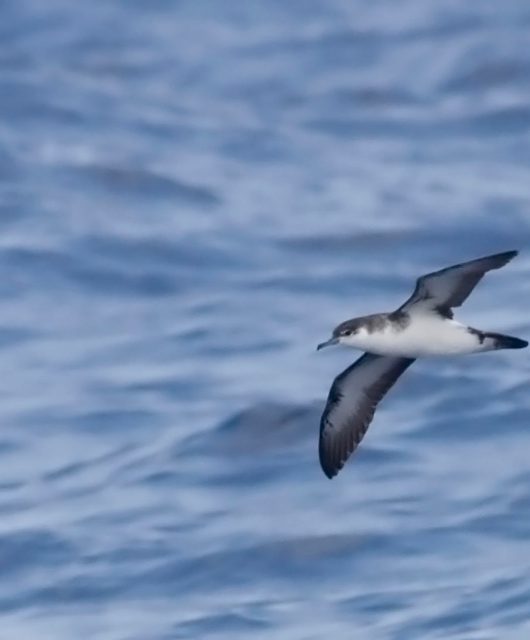
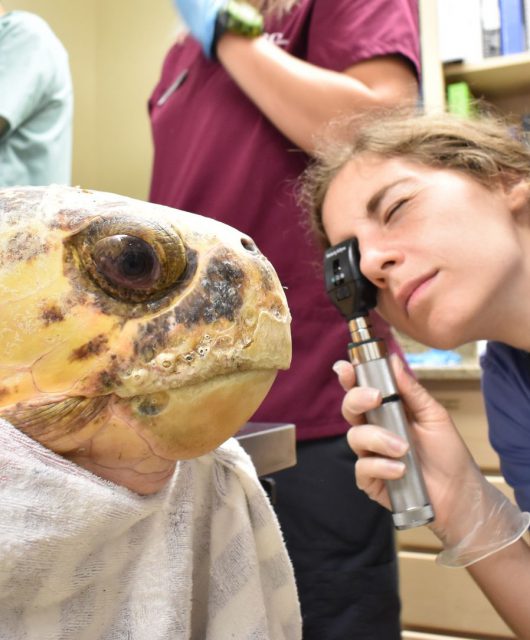

2 comments
“Birds can’t vote to reduce urban light pollution. Lakes and rivers have no standing in environmental hearings. Bears don’t have a say in how their forest is managed.” I completely agree with this. That is why I support CWF, because animals and nature can not speak for themselves. But DO REMEMBER: Nature does NOT have a political affiliation either. All of us live in this world.
We whole-heartedly agree!